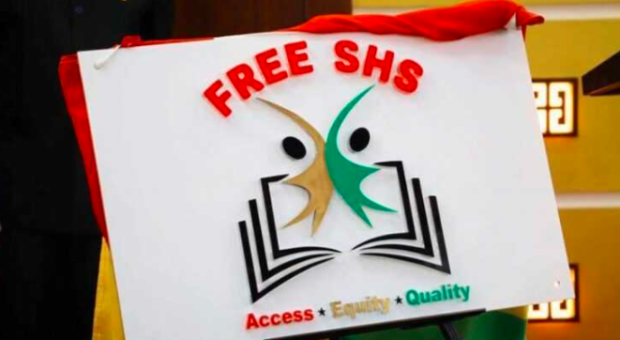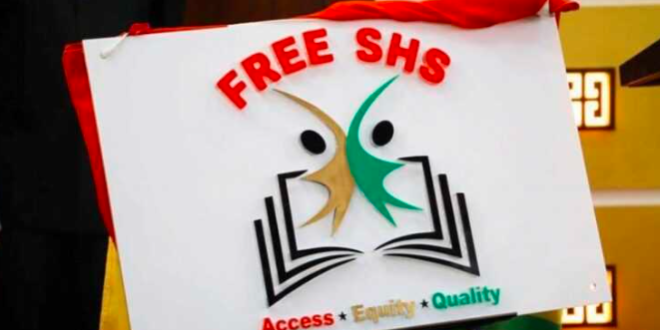Ghana’s contentious attempt towards educational equality is the Free SHS Policy. This policy aims to provide free senior high school education for all Ghanaian students, regardless of their socioeconomic background. It has faced criticism for its implementation challenges and potential impact on the quality of education in the country.
In the realm of Ghanaian politics, few issues resonate as deeply as the Free SHS policy. Seen as a pivotal tool for societal change, education stands out as a powerful catalyst in transforming communities and shaping the future.
It comes as no surprise then that the governing party is poised to introduce a bill that would enshrine the Free SHS policy as a mandatory framework for successive administrations.
The proposal, if passed, seeks to institutionalize the policy across political landscapes, ensuring its continuity regardless of changing governments. However, not all voices are in unanimous agreement.
The NDC minority, while not explicitly opposing the bill, joins stakeholders within the education sector in highlighting significant implementation challenges that deserve resolution before any legislation.
Education experts emphasize a balanced approach, pointing out that while a bill could solidify the Free SHS policy, equal attention must be given to foundational education, particularly in the primary schools. They argue that nurturing a robust primary education system is fundamental, serving as the bedrock upon which secondary education is built.
This debate underscores broader discussions on educational reform in Ghana, where stakeholders grapple with how best to allocate resources and attention across various educational tiers.
As the nation navigates these complexities, the future of Ghanaian education hinges not only on policy directives but also on a holistic strategy that addresses both immediate challenges and long-term educational goals.

Source: TV3Online.com
 Home Of Ghana News Ghana News, Entertainment And More
Home Of Ghana News Ghana News, Entertainment And More





